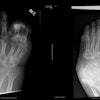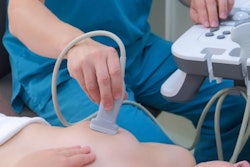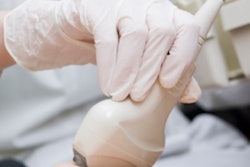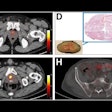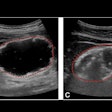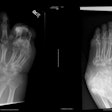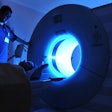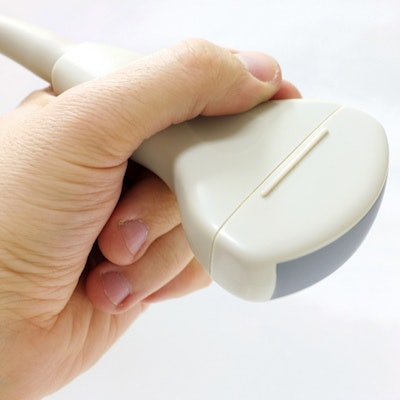
Performing focused ultrasound scans on cardiopulmonary patients just admitted to the hospital may not decrease their length of stay compared to standard treatment, according to Australian research published on 20 December in JAMA Network Open.
A team led by Dr. Ximena Cid-Serra, PhD, from the University of Melbourne found that although there was a difference of 11.9 hours in the average hospital length of stay between study groups, the result was not statistically significant.
"We anticipated that the impact of focused clinical ultrasonography on the hospital length of stay would increase in the second half of the trial with the improvement of the clinicians' ability to incorporate the [ultrasonography] findings into their clinical evaluation and act accordingly," Cid-Serra and colleagues said. "However, we did not find a significant difference in the length of stay between groups in the second half of the cohort."
Internal medicine physicians usually begin their clinical evaluations based on a patient's medical history and physical examination findings. However, this alone has shown to be inaccurate in determining the correct diagnosis, the study authors said. This means more investigations are done, such as chest radiographs and blood tests.
Using bedside ultrasound performed by the treating physician could increase the precision of these evaluations, the researchers said. Previous research suggests that focused clinical ultrasound is reliable and accurate compared with the imaging reference standard. Along with that, ultrasound does not give off ionizing radiation and can be performed in real-time at the patient's bedside.
Cid-Serra and colleagues said this means increased speed and accuracy of the initial diagnosis, as well as avoiding the cost, time, and potential risk of transferring patients to other locations for investigations.
The researchers wanted to find out whether focused clinical ultrasound with a multiorgan scanning protocol performed within 24 hours of admission reduces the hospital length of stay by at least 24 hours in patients admitted to internal medicine wards with a cardiopulmonary diagnosis. They measured the heart, lung, and lower extremity vein with ultrasound.
The team also wanted to evaluate the impact of multiorgan ultrasound on the 30-day hospital readmission rates and in hospital costs. The study included 248 participants with an average age of 80.1 years. Out of these, 127 were men and 121 were women. Patients were split evenly into either the ultrasonography intervention group or the standard care control group.
The most common initial diagnoses were acute decompensated heart failure reported in 113 patients, pneumonia for 45 patients, and exacerbated chronic pulmonary disease for 32 patients.
| Focused clinical ultrasound vs. standard internal medicine care for cardiopulmonary patients | ||
| Standard care | Ultrasonography | |
| Length of stay | 125.3 hours | 113.4 hours |
| 30-day readmission rate | 15 out of 124 patients | 20 out of 124 patients |
| Total in-hospital costs (average) | $7,895.70 (6,969.18 euros) | $7,831.10 (6,912.16 euros) |
The authors said it was not surprising that in-hospital costs were not significantly different between study groups since costs are influenced by length of stay. Focused clinical ultrasound was not billed in the study and the design did not look at patient benefits other than cost and length of stay.
"Further clinical outcomes should be considered in future studies, such as patient's quality of life, patient's recovery assessment, and any impact of misdiagnosis," Cid-Serra and colleagues wrote. "The benefits of focused clinical ultrasound should be weighed against the cost of implementation, such as the cost of equipment and training."
The team also said the ultrasonography group did not report any harm related to the method's use and that readmissions in the following 30 days were evaluated as a safety parameter.
"Interventions that reduce the length of stay at the hospital may increase the rate of readmissions due to premature discharges, which did not occur," Cid-Serra et al added.


